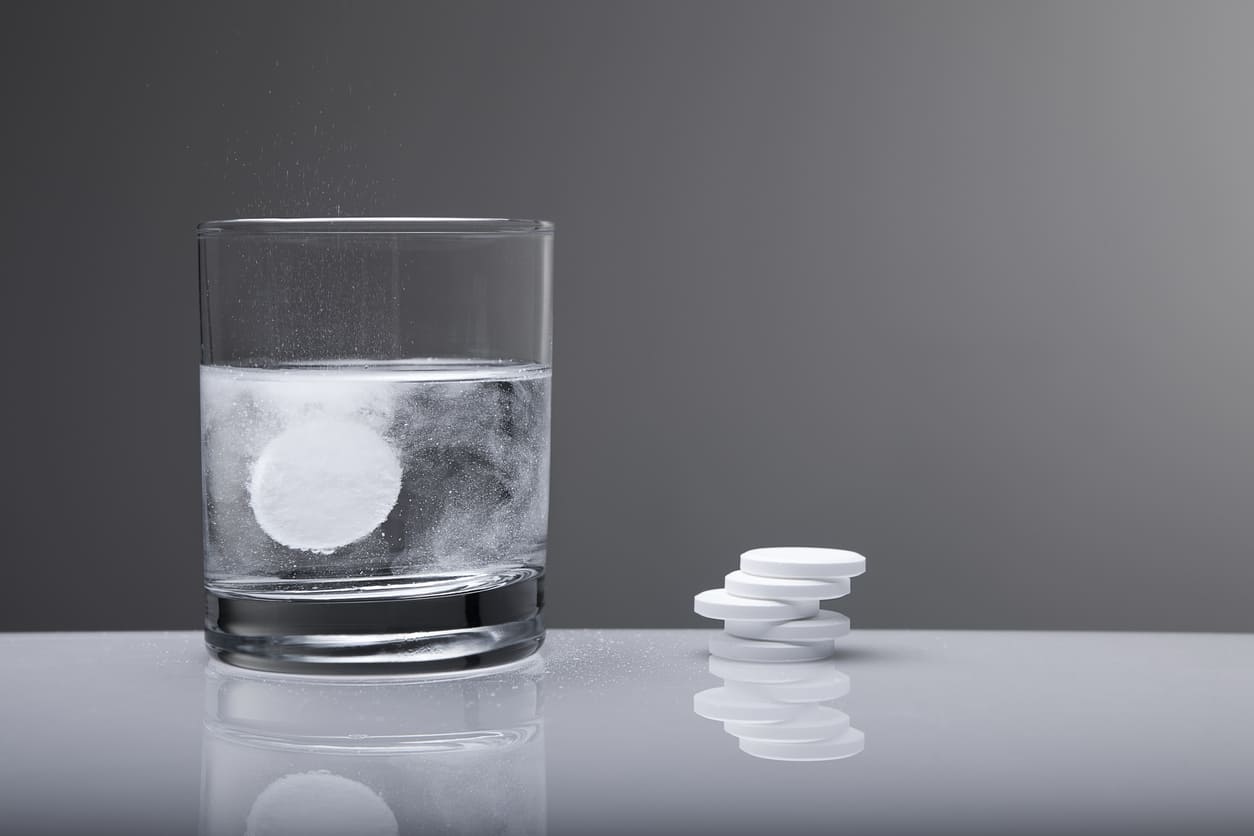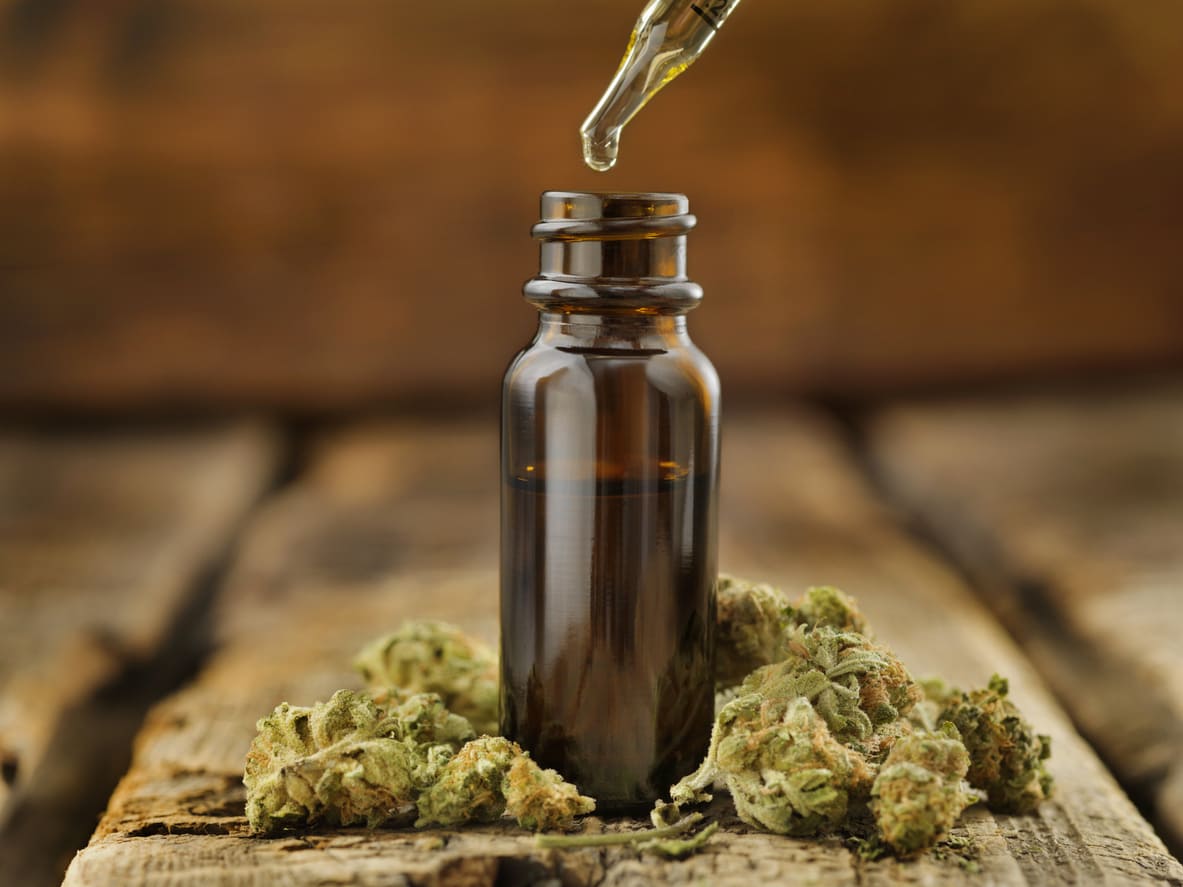When your appetite is good, everything is fine... So how do you best take care of your digestive system and avoid suffering after overeating?
Whether you feel unwell after a heavy meal and a drunken late dinner or feel bloated with the feeling of being tight in your clothes for no reason Apparently, you are probably suffering from dyspeptic disorders. These frequent digestion problems are most often due to a malfunction in the digestive tract. This is sometimes linked to pathologies such as irritable bowel syndrome, but also to poor eating habits, or even a change in diet. This may, for example, be the case during the end of the year celebrations. Digestion is then disturbed by longer and heavier meals. Fortunately, many solutions exist so that everyone can improve their lifestyle and fight against difficult digestion. What Causes Poor Digestion and How Can You Ease It?




.jpg)

